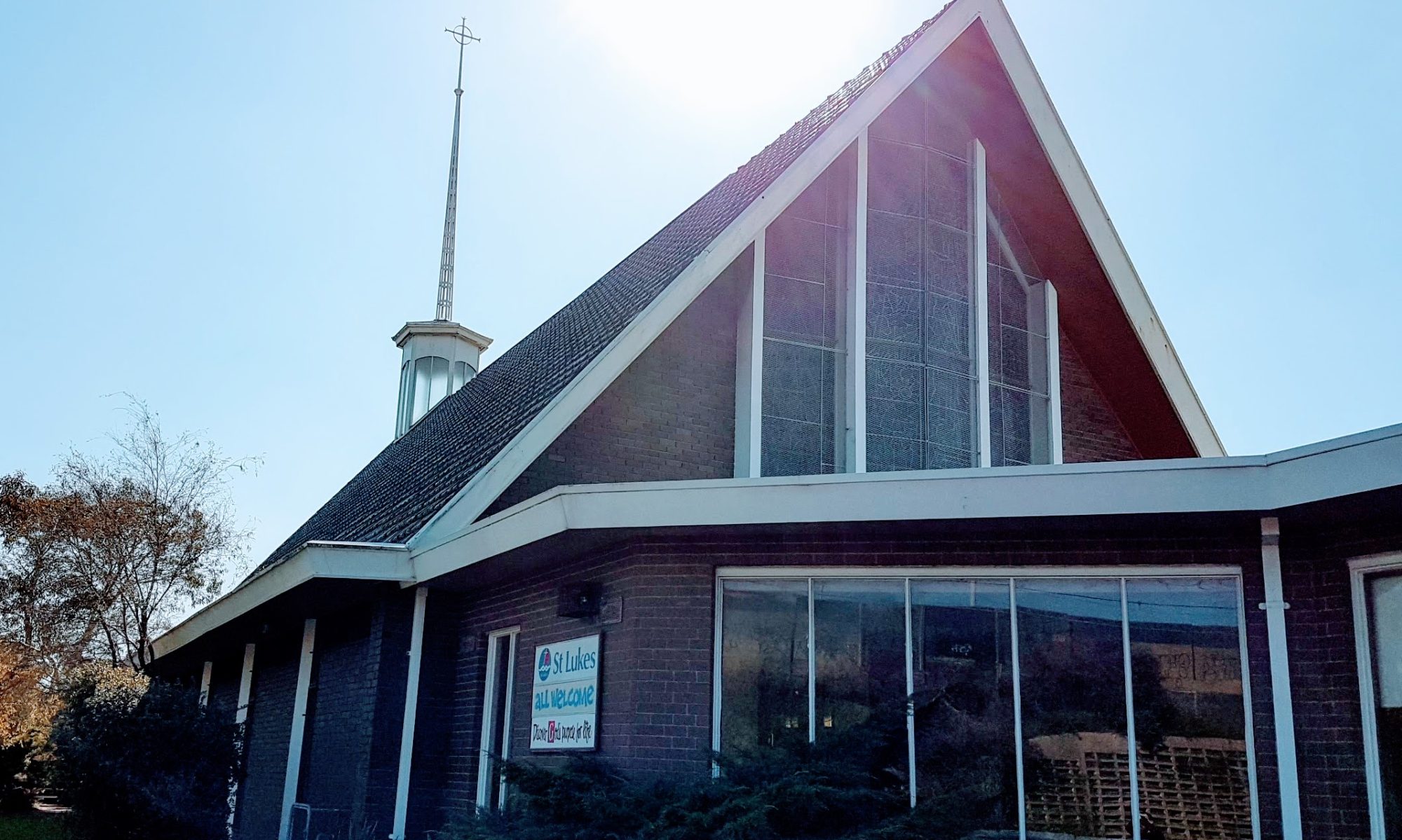Reflection Questions – Matthew 3.1-12
1. Read Isaiah 40.1-2. Isaiah prophesied during the 8th Century BC and addressed the failure of the people of Judah to keep their covenant relationship with their Lord. In be midst of prophecies of judgement, the prophet also looks forward to a new season of fellowship with Lord.
How will the Lord act towards his people in this new season (see Isaiah 40.1-2)?
2. Read Isaiah 40.1-11. (I) Where will the Lord appear? (II)What attributes will he display? (III)How will he respond to his people and the nations, what will he do?
3. Who will come immediately prior this special visitation of the Lord and what will their message be? (Isaiah 40.3-5).
4. Read Malachi 3.1-7, 4.1-6. In all likelihood, Malachi prophesied during 5th Century BC and addressed the failures of the returned exiles. Particularly, he addressed the peoples’ failure to devote themselves to the Lord in sincere worship and godly fear. Yet, he also looks forward to a new day of pure worship and genuine reverence.
Looking at Malachi 4.1-3 alongside 3.1-4 (I) Where will the Lord appear? (II)What attributes will he display? (III)How will he respond to his people, what will he do?
5. Who will come immediately prior this special visitation of the Lord and what will their message be? (Malachi 3.1 and 4.5-6).
6. How was the appearance of John the Baptist like Elijah? Matt 3.4 & 2 Kings 1.8.
7. Read Matthew 3.1-10 alongside 1 Kings 18.20-24. What is similar about Elijah’s challenge to the people and John the Baptist’s challenge?
OR
Consider Matthew 3.1-10 alongside Jeremiah 7.1-11. What is similar about Jeremiah’s challenge to the people and John the Baptist’s challenge?
According to Jesus, the Baptist is the last in the line of Old Testament type prophets, like a Jeremiah or an Elijah. He shares the same message to return to the Lord.
Lk 16:16 “The Law and the Prophets were proclaimed until John. Since that time, the good news of the kingdom of God is being preached, and everyone is forcing their way into it.
As Matthew writes his Gospel, he describes John the Baptist as the voice in the wilderness promised by Isaiah, and as the Elijah figure promised by Malachi.
8. If in John the Baptist
…the voice has been lifted up in the wilderness (Qn. 3 above)
…the final prophet has come
… and the new Elijah has appeared (Qn. 6 above)
WHO will appear next?
9. John the Baptist introduces a new urgency to the classic prophetic call to repent. That urgency is based on the fact that the Lord himself was about to appear ‘Repent, for the kingdom of heaven has come near’ Matt 3.2.
How is repentance different to simply feeling sorry for sin?
What might true repentance- that complete reorientation of the heart, will, mind, and life in the body- look like, in relation to:
- the use of time? the use gifts, spiritual and natural?
- the use of different kinds of wealth you may have?
- our response to unnecessary negative comment about others, or gossip?
- our stance towards generations that follow us as we consider intergenerational debt, building up institutions, care of the environment etc.?
- how we understand the basis of human identity- what defines a person?
10. The Baptist speaks of the coming One as having the power to direct the Spirit of the Lord, saturate or baptise the people in the Spirit. The One to come will be a refining fire purifying the worship and reverence of the people: ‘He will baptize you with the Holy Spirit and fire.’ (Matt 3.11). The one to come will be great in power. As king he will save and judge, separating the faithful who repent from the faithless who don’t (Matthew 3.12)
Spend some time praying to be guided into repentance.
Spend some time praising the Risen Lord Jesus, for his mighty acts.
